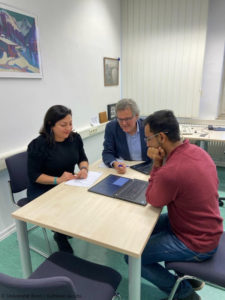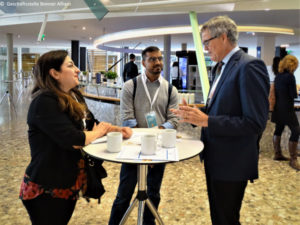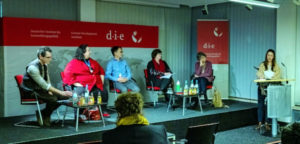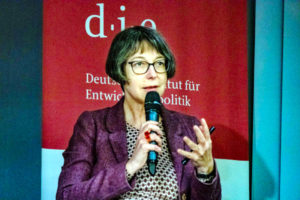Vorstellung des 2020 Europe Sustainable Development Report (2020 ESDR) von SDSN & IEEP
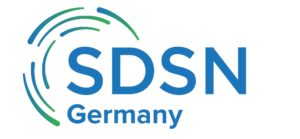
Am 8. Dezember 2020 veröffentlichten SDSN (Sustainable Development Solutions Network) & IEEP (Institute for European Environmental Policy) den 2020 Europe Sustainable Development Report (ESDR). Nachdem der ESDR erstmals im vergangenen Jahr veröffentlicht wurde, steht der diesjährige Bericht im Licht der COVID-19-Pandemie und den sozioökonomischen Auswirkungen, welche die EU und die internationale Kooperation vor große Herausforderungen mit Blick auf die Erreichung der Sustainable Development Goals (SDGs), des Pariser Klimaabkommens und des Europäischen Green Deals stellen. Gleichzeitig sind die SDGs wichtiger denn je, da sie einen Rahmen vorgeben zur Gestaltung der Europäischen Antwort auf die Krise infolge der COVID-19-Pandemie. Der Aufbauplan #NextGenerationEU und der nächste Mehrjährige Finanzrahmen (MFR, 2021-2027) bieten die Chance, Europas Wiederaufbau und Zukunft auf eine nachhaltige Weise zu gestalten.
Der 2020 ESDR einschließlich SDG Index & Dashboards gibt einen aktuellen Überblick für die EU und die Mitgliedstaaten und Empfehlungen zur Stärkung der Umsetzung der Agenda 2030 für nachhaltige Entwicklung und des Europäischen Green Deals in Europa und darüber hinaus.
Die virtuelle Veranstaltung zur erstmaligen Vorstellung des Berichtes mit knapp 200 Teilnehmer*innen wurde von Conny Czymoch moderiert und mit Grußbotschaften von Rita Schwarzelühr-Sutter (Parlamentarische Staatssekretärin, BMU) und Dr. Maria Flachsbarth (Parlamentarische Staatssekretärin, BMZ) eröffnet.
Daran anschließend stellten Guillaume Lafortune (Director, SDSN Paris) und Eloise Bodin (Policy Analyst, IEEP) die Ergebnisse des 2020 ESDR vor.
Heidi Hautala (Mitglied und Vizepräsidentin des Europäischen Parlaments), Ester Asin (Direktorin, WWF European Policy Office), Prof. Dr. Anna-Katharina Hornidge (Direktorin, German Development Institute & Co-Vorsitzende, SDSN Germany) und Peter Schmidt (Präsident, Section for Agriculture, Rural Development and the Environment, EESC) reagierten auf die Vorstellung des Berichts mit Impulsbeiträgen in der Paneldiskussion, an die Prof. Jeffrey Sachs (President, SDSN) mit einem abschließenden Beitrag anknüpfte.
Den Bericht (inkl. Interactive Maps, EU & Country Profiles & Data Explorer) finden Sie online unter: www.eu-dashboards.sdgindex.org
Kontakt: Janina Sturm, SDSN Germany

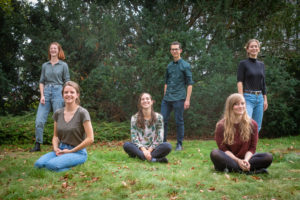

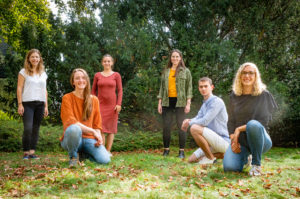
 Digitalization is an important driver for change in many areas of our lives and there is intense debate about whether it has a positive or negative impact on sustainable development. Often such considerations remain general. The main objective of the project
Digitalization is an important driver for change in many areas of our lives and there is intense debate about whether it has a positive or negative impact on sustainable development. Often such considerations remain general. The main objective of the project 